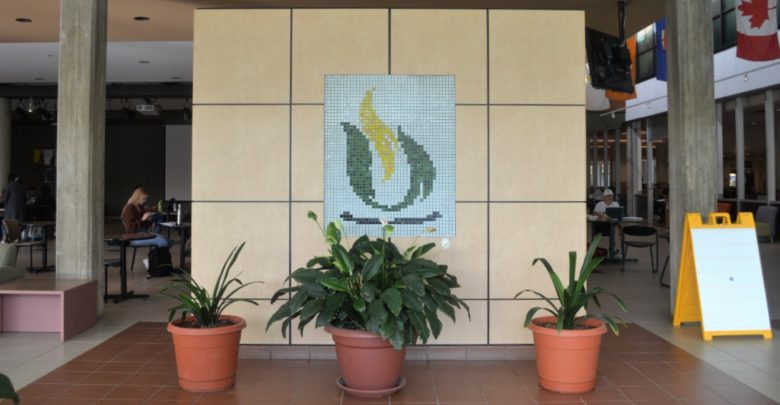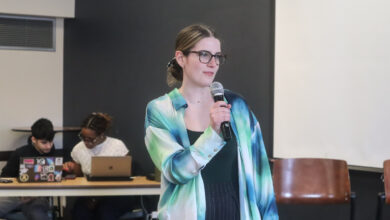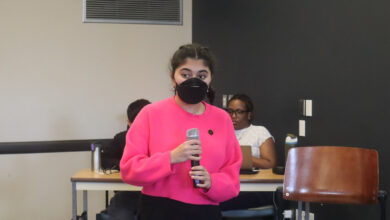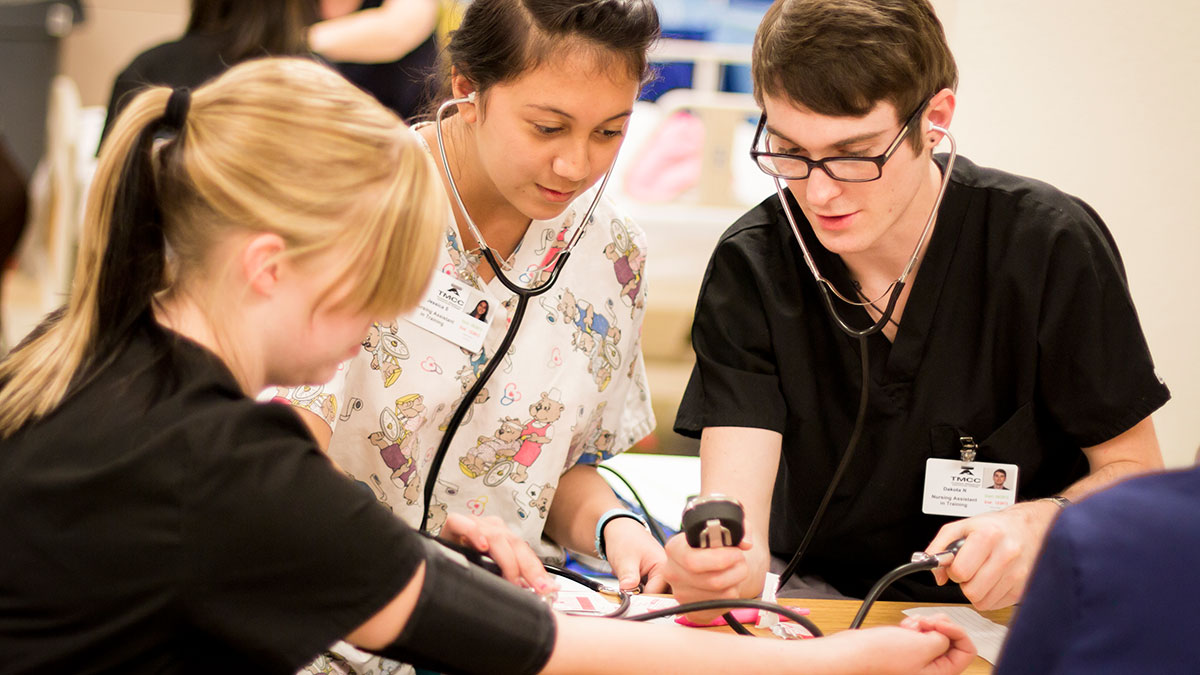 Arthur Macatangay
Arthur MacatangayWhen I planned to attend all the University of Alberta Students’ Union (UASU) election forums this year, I knew there might be barriers I had to face. As someone who struggles with hearing, I knew it was going to be difficult to follow along. However, I didn’t expect it to be as bad as it was.
Throughout the forums this year, audio and technology often caused issues. This resulted in delayed start times, or making candidates difficult to understand. I wasn’t the only one who faced easily-avoidable accessibility challenges, either.
Some of the candidates bore the brunt of these concerns. Adrian Lam, a candidate for vice-president (student life), is an Augustana student. Because of this, he had to attend most forums virtually.
“[The Elections Office] has definitely tried their best to accommodate me to the best of their abilities. Unfortunately, during these past couple of forums, where I’ve had to be online, there have always been tech issues at the beginning, delaying the entire forum to begin with,” Lam said in our interview.
“It’s definitely been difficult, because with the tech issues, it draws away. It has this connotation that I’m not serious about the position that I’m trying to run for, which is not the case.”
The UASU does not restrict elections to students from North Campus. Anyone can run, regardless if they’re from Augustana, North Campus, or Campus Saint-Jean (CSJ). But, the current inaccessibility makes it hard for students from all campuses to have the equal access they deserve. And Lam’s right, there is a negative connotation with a candidate who is online. Students might not take him as seriously. Or, it could be that by being online, students are less attentive during his speaking time. Even in my experience, I found it more difficult to follow along during Lam’s speaking turns.
This isn’t the only way in which Lam was put at a disadvantage. In our interview, he expressed not having the same access to the communal supplies available to candidates.
“I was, in a sense, denied access to the lawn signs or the banner making sessions, because I was not able to come up [to North Campus],” Lam said. “I’ve had to work around SUBPrint, trying to ensure I was able to get volunteers to pick up the posters in my name.”
Despite having equal right to the materials, Lam didn’t have equal access. This continually put him at a disadvantage when it came to campaigning, especially on North Campus or CSJ.
The unfortunate side effect of issues like this is that people interested in running for student governance may choose not to. Lam is ambitious enough to tackle the tech issues, but we have no real way of counting how many people didn’t want to fight this uphill battle. Something as simple as feedback on a Zoom call shouldn’t be holding people back from student governance. Unfortunately, this election has highlighted why it might.
Because of the tech issues, it may be easier for candidates from the satellite campuses to attend forums in-person, despite the distance. While the UASU did offer to re-imburse travel expenses for candidates, this still causes limitations. Lam, for example, told me he does not meet the vision requirements to drive. This leaves him relying on either his friends to volunteer their time to drive him to North Campus, or he has to take a taxi.
Taking a taxi isn’t an ideal solution either, though. Even in this year’s Augustana forum, candidates discussed how costly taxis between North Campus and Augustana are. A trip between the campuses by taxi could cost up to $300.
Unfortunately, there was a miscommunication between Lam and the Elections Office. Lam was under the impression that the UASU would not have reimbursed him for a taxi, while the Elections Office told me they would have. Even this little miscommunication continues to highlight the perpetual accessibility issues within UASU elections. Had Lam known a taxi was available to him, it could have drastically changed the way he approached the forums.
The problem runs a lot deeper than unclear audio and bad WiFi connections, though. Accessibility issues can’t all be blamed on the Elections Office. When I talked to Sithara Naidoo, the Deputy Returning Officer, she explained that the lack of staff and funds severely restricts their operations.
“We are open to [feedback]. We haven’t turned anyone down for their accessibility requests and we wouldn’t do that,” Naidoo expressed. Unfortunately, the limited budget and a two-person staff is severely limiting their capabilities, according to Naidoo.
When I asked UASU President Christian Fotang about this, he expressed that the UASU does want to help.
“I think this election has highlighted the fact that we need to take a deeper look into the elections and Elections Office budgets, and the resources required to better support candidates,” Fotang said. He went on to say that this is where an Equity, Diversity, and Inclusion (EDI) audit would be really beneficial. An audit like this could help the UASU better understand how to support any incoming candidates and councillors.
These issues don’t just pertain to candidates running, or people with disabilities. Students trying to tune in — especially online — might be turned off from UASU elections for good if they’re also having to battle feedback and poor audio just to listen in. If we want to get the student body more involved in elections, we need to work to combat this red tape. Student engagement has been an issue in UASU elections for years. In fact, the voter turnout for the 2024 election was 16.88 per cent — 9.7 per cent lower than the year before.
Honestly, I don’t think anyone is fully to blame. The UASU is working towards more accessibility within the organization, and the Elections Office is doing what they can with limited the resources they have.
But, while the UASU works toward solving these concerns, students shouldn’t settle. We shouldn’t settle for laggy zoom calls, malfunctioning microphones, or lack of any other accessibility needs students or candidates might have. This year, nearly every race had a candidate not previously involved in the UASU — we don’t want to lose that because of repeated accessibility concerns.
While I can appreciate that work is being done, we need to see it through. When it comes to accessibility, just acknowledging the issues isn’t enough. These issues are deep within the UASU election routine, and it’s time they were addressed.




